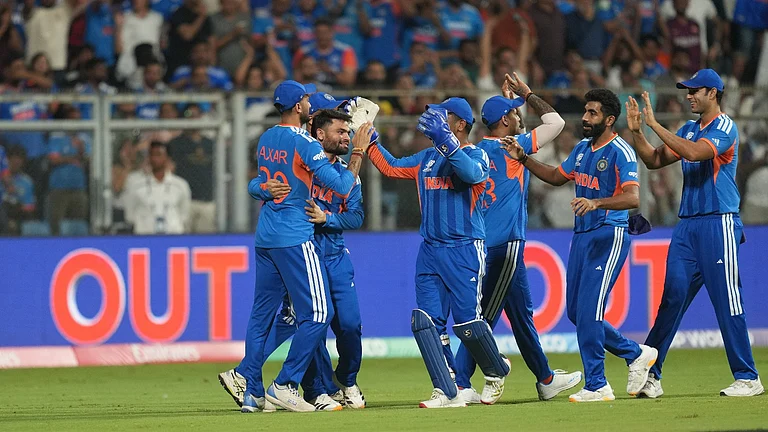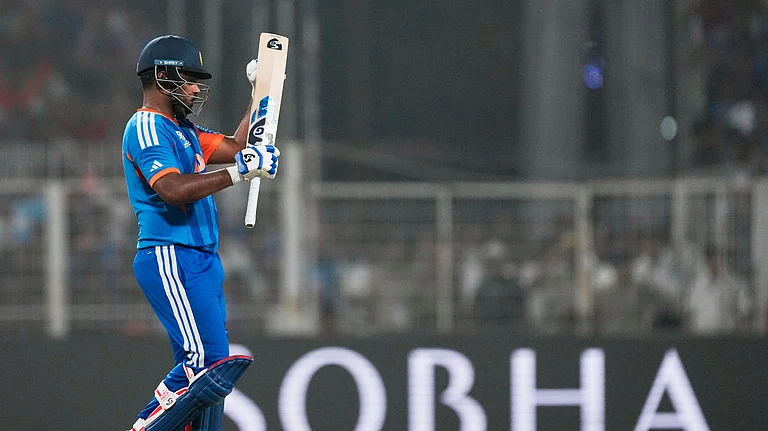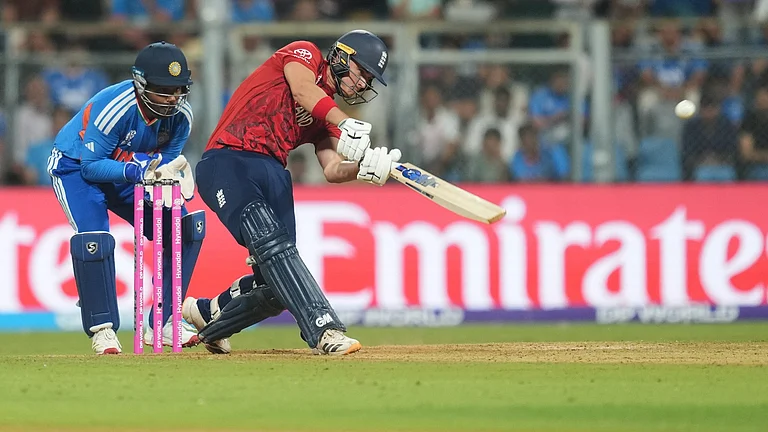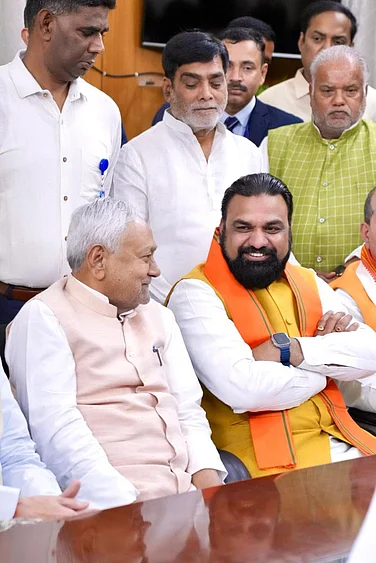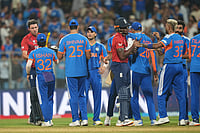The panoramic mountain valley of Kullu has always been a land of curiosity, for its deity-culture, strange local traditions or drug menace—the infamous ‘Malana Cream’. Dev Kanya Thakur, a 41-year-old Kullu native who has lived through these traditions at home, seems to have emerged a young voice, creatively hitting out at local practices that she finds bizarre in the present-day context and cultural transition. The women, for example, in Kullu are still struggling to find their equitable place with men. Their phenomenal rise in the society, notwithstanding, women and girls still have no excess to deity-rituals that are performed by men or upper-caste people.
Few temples are out of bounds for the women, and they are supposed to live in outhouses during their five-day menstrual cycle. “Can you imagine my mother and other women in the village are not permitted to enter the Kuladevta (family deity) complex? They cannot touch or use the pious water meant for use during the religious rituals at the temple. There is a board hanging at the complex prohibiting entry of women and lower castes. So many questions arise in the mind, but to whom should we pose such questions?” she asks.
It’s her new short film, Mohra, which hits hard at such caste discriminations still prevalent in the in Kullu villages here. The film was recently screened in the international film festivals at Brazil and Paris even as it awaits release in India. This is Thakur’s eighth film that points to some of outlandish practices pertaining to women and lower castes, taking place in the hills, especially Kullu, Kinnaur, and Lahaul-Spiti.
Mohra is the metal art work or ‘masks’ of deities crafted by the Dalits as part of their family traditions before festivals, fairs and other community rituals. “In Kullu, there are families (lower castes)—some in their third or fourth generation—traditionally into the craftsmanship of making mohras. They don’t have access to the temples or idol-making workshops, yet this job is entrusted on them. My story revolves around one such Dalit craftsman Nirtu and his six-year-old son, Guddu,” says Thakur.
It’s a highly emotional story about Nirtu, despite being a fine Mohra craftman faces the wrath of upper-caste persons for an unintentional ‘mistake’ of his innocent son, who playfully enters a temple that prohibits Dalits from entering. The 80-minute full-length feature film is Thakur’s first production shot in Kullu, with spoken dialogues in the local dialect of Kullvi. All the protagonists are Kullu locals, who are familiar with Kullvi and its traditions.

The film, says Thakur, is based on a story from her book, Mohra, which Chief Minister Jai Ram Thakur had released in August 2021. It took her over a year to conceptualise the film, and give it the desired style, tone, and high degree of artistic experimentation to the subject. “Deep down, I always wanted to promote my mother tongue as many filmmakers in Uttarakhand, Odisha, Chhattisgarh, and Jammu, have been passionately doing. Secondly, my focus was to inform the world about evils like caste-system and plight of the women here within their homes,” she explains.
In her previous award-winning film—No Women Land, Thakur highlights the denial of property rights to women based in Kinnaur and Lahaul-Spiti districts, where the entire ancestral property is inherited by the son/s. No Women Land projects a human rights’ angle where the youngest among two brothers goes to the monastery to become a monk, while the elder one is made sole beneficiary of the family property.

Prominent literary figure, HR Harnote, says, “Dev Kanya Thakur’s writing and also her filmmaking initiatives have brought out several hidden aspects and silent sufferings of women from the hills. Mohra drives home the point that caste discrimination is still being practiced.” Most significant feature of the film, according to Harnote, is her work in Kullvi dialect that will become a landmark in the preservation of Pahari language.
Dr Karam Singh, writer and current Secretary of Language, Art and Culture academy, says UNESCO recently released its findings about high-altitude languages like Kullvi, Baghati, Handuri, Kinnauri, Pangvalli, Sirmauri and Spiti being at the verge of extinction. “But I don’t agree at least in the case of Kullvi, as several writers, poets, film and documentary makers are actively propagating this language. Yet, there is a need to do more, and Dev Kanya Thakur’s effort is really commendable,” Dr Singh says.
Apart from writing books and making documentaries/films, Thakur has been annually hosting an international film festival at Shimla in the past eight years now. “We held the festival even during Covid, and the participation of international filmmakers, though online, was highly encouraging. The next festival is slated for August 2022, for which we have already received 70 to 80 entries,” she claims.
Thakur holds a doctorate in Journalism and Mass Communication and a course at Film and Television Institute of India in Pune. This officer at Satluj Jal Vidyut Nigam (SJVN) Ltd., also won the Laadli Media Award in 2011, besides several other honours for her films and books. Behind the Bars, her film on jail reforms, won a prize from the National Human Rights Commission.



